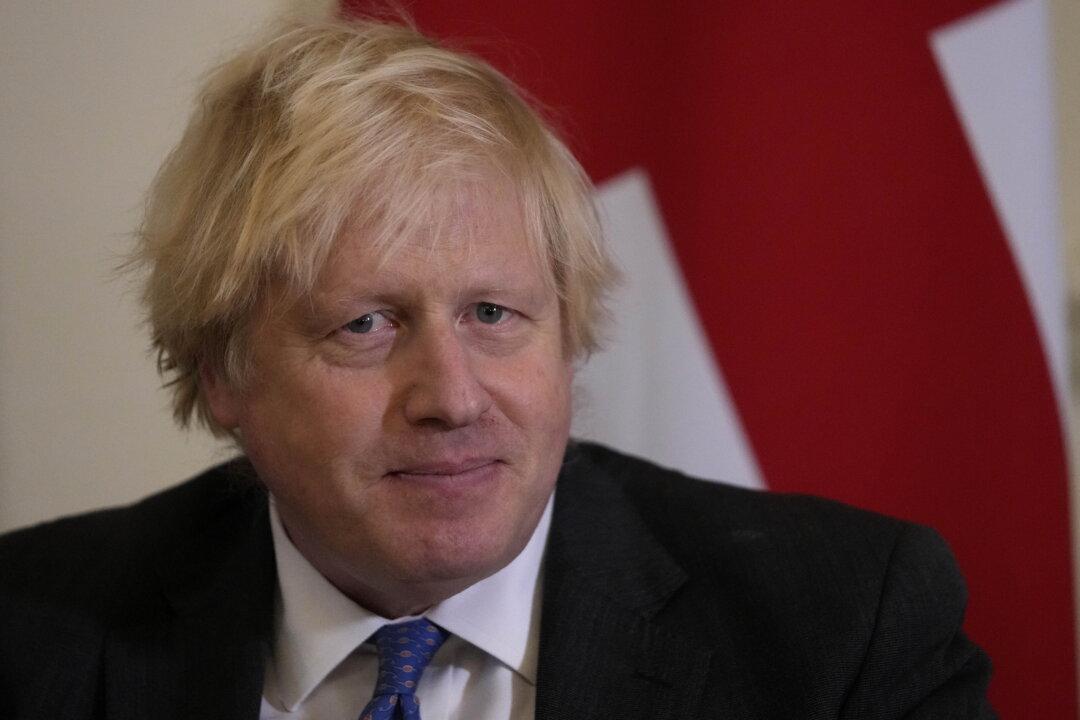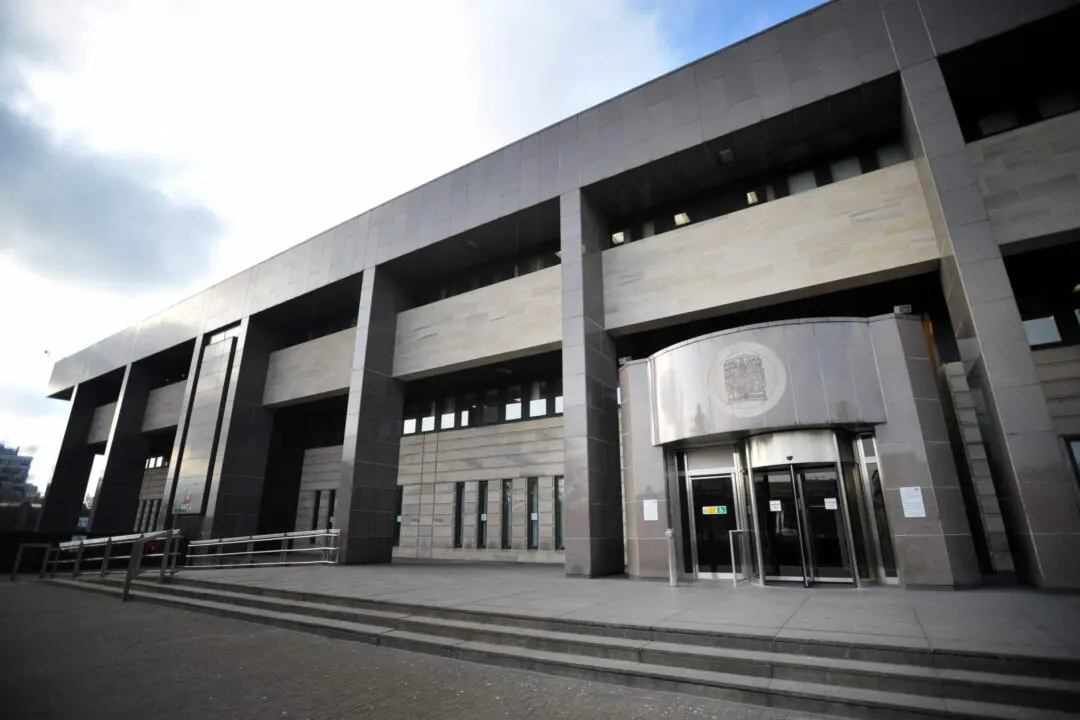Labour has called for a probe into “whether rich people can pay to get access to government ministers” following the release of “cosy text messages” between Prime Minister Boris Johnson and a Tory donor.
WhatsApp messages released on Thursday showed that Johnson discussed a proposed “Great Exhibition 2.0” with Lord David Brownlow at the same time as requesting his help with the £112,000 refurbishment of his official residence in Downing Street.




